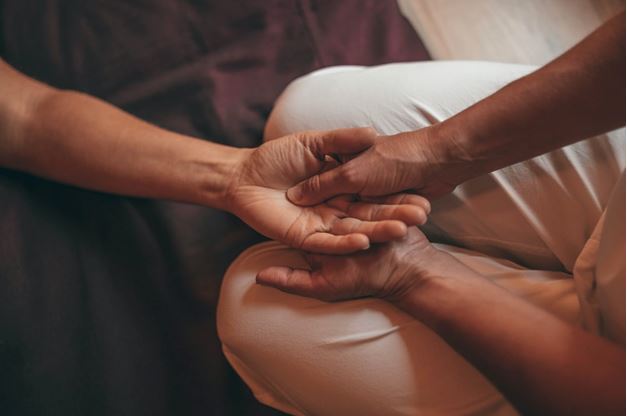It’s difficult to know how to react when someone has a stroke. It can be a scary and confusing time for both the individual and their family, but there are some things you can do that might help. This blog offers seven tips on what you can do if someone close to you has a stroke.
1. Offer support
They may need encouragement or reassurance in the days following their stroke. Let them know that it’s normal for people who have had strokes to feel frustrated with their limitations.
You can also offer physical assistance during this transition time, such as helping them find ways around obstacles while relearning how to get around the house.
2. Get them involved in physical activity.
Lack of physical exercise can exacerbate feelings of loneliness and isolation after a stroke.
One way to help combat these symptoms is encouraging the person to get involved in physical activities—even if it’s just taking a walk—that will help restore their strength.
3. Be patient with them
Recovery from a stroke can be difficult and frustrating for both the individual and their family. When trying to communicate with someone who has had a stroke, be aware that short-term memory is often affected.
Sessions with speech-language therapists are designed to help improve their communication skills. Keep this in mind when struggling with more extended conversations.
4. Encourage them to eat healthy meals
Following a stroke, many people lose their appetite, but lack of nutrition can hinder their recovery because it will slow the process of building new blood vessels and nerves.
If they’re not eating well, encourage them to try other foods that might taste better or tempt them with small snacks throughout the day.
5. Get some rest
Fatigue is another common problem for those recovering from a stroke. Many individuals who have strokes feel exhausted by mid-afternoon, whereas before their stroke, they felt fine and energetic until much later in the evening.
Sleep can help restore energy and help reduce the symptoms of depression that often follow a stroke.
6. Guide their recovery
Stroke recovery is an individual process, and knowing what steps to take will help speed along the process. If someone has confusion or memory issues after their stroke, speak slowly and use short sentences with simple words, making sure they understand you’re talking to them.
This will help them regain their balance as they relearn how to take in information.
7. Get medical attention
Don’t wait for symptoms like seeing spots before seeking medical attention. If someone begins having problems with their vision or speech after their stroke, seek medical attention immediately.
This might also indicate that they’re having a stroke, and need immediate medical attention.
Get Home Healthcare Services
At Embassy Home Healthcare, we offer home healthcare services in Houston.
Our trained professionals provide occupational therapy for stroke management that rehabilitates your cognitive abilities and improve your balance, mobility, and occupational performance.
Reach out to us to benefit from our premium home healthcare services and find out more about our services.

